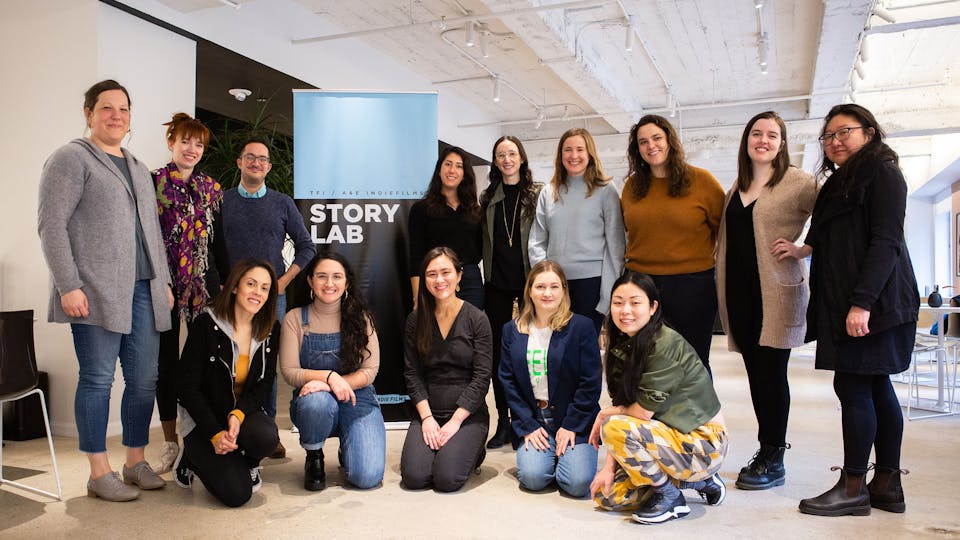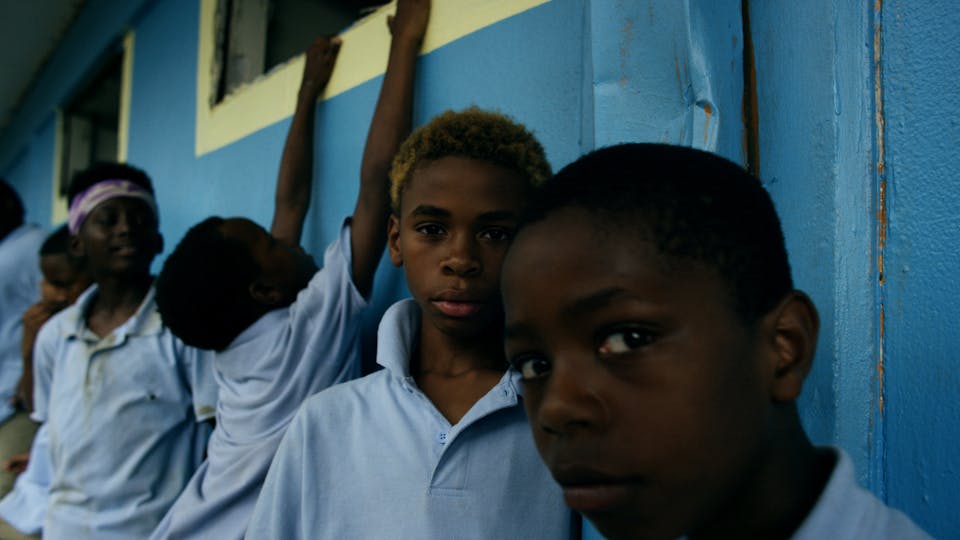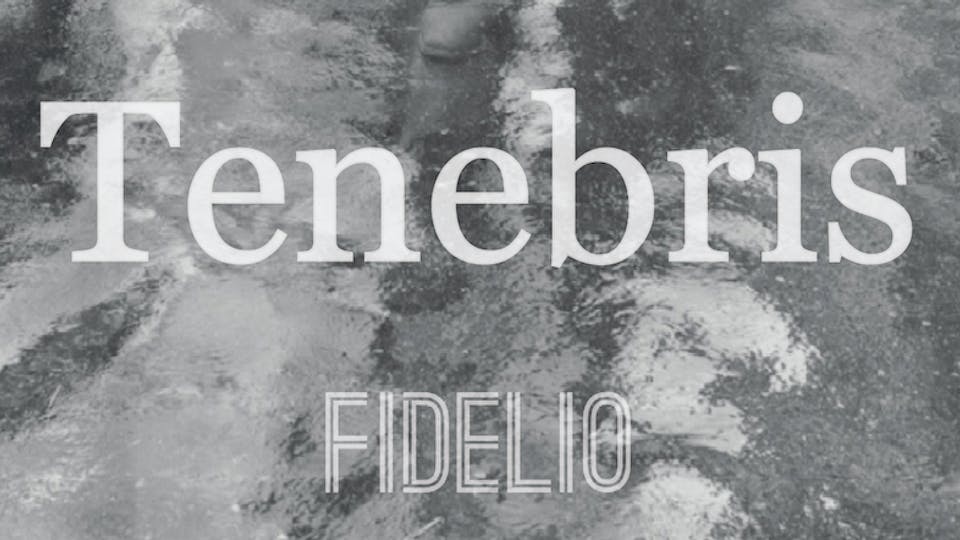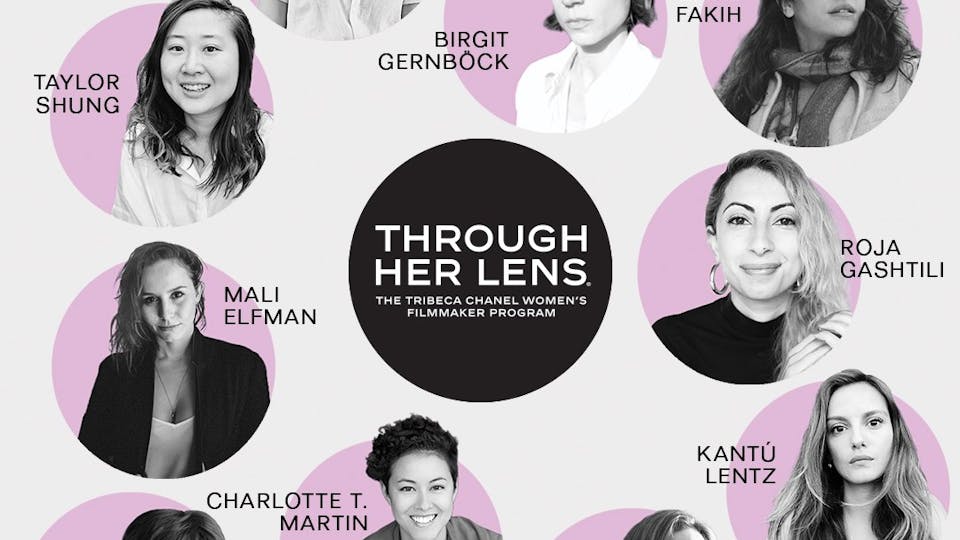Sam Mendes on 'Skyfall' and Collaborating with Actors

For Skyfall, the twenty-third installment in the James Bond franchise, Oscar-winning director was called on to head the film, which is the third go-around for the latest 007, Daniel Craig. A celebrated theater director in England before crossing the pond to make films like American Beauty (his Oscar win), Road to Perdition (where he casted Craig in his breakout role) and Jarhead, Mendes brings to Skyfall a celebration of old Bond trademarks—this year marks James Bond’s 50th anniversary—and crafts strong performances from the cast, which includes Javier Bardem as the villain Raoul Silva, Dame Judi Dench returning as M and Ralph Fiennes as bureaucrat Gareth Mallory. All resulting in a Bond film that even more so than Casino Royale and Quantum of Solace provides a human look at the secret agent. As our benefit screening of the film draws closer (Nov. 1), we had the chance to recently chat with Mendes about making the transition from stage to screen, what he did on Skyfall that had never been done on a Bond film previously and the importance of collaboration. There’s still time to get tickets to the screening. Skyfall opens in theaters November 9. You had such a successful career directing theater in England before becoming a filmmaker. What are the differences in directing the two? I've always felt theater and film are totally different parts of your brain. Obviously there's a huge overlap, writers and actors work in both, but for me it's quite different. The primary one being that film is a director's medium and theater is the actor's medium and the writer's medium. I think if your film isn't any good generally speaking it's because of the director. And I think film is made much less organic, you make it much more in prep. I think 90 percent of the film is in casting, writing, designing, finding locations, where theater happens in a room that is much more malleable than film.

So when you made American Beauty did you have to start from scratch in some ways? If you've watched movies and are by nature a filmmaker I don't think it is impossible to start with a full form style, with a fully form set of opinions. I found when I started story boarding American Beauty I was very, very clear about what I liked and didn't like about movies. Or how I wanted to make a movie. I knew I wanted to make a movie that was very formal, very composed. The camera was moving slowly. I put high stock on shot composition, on performance, on the way things are lit, music. The other thing is the way an audience reacts was something that was in my blood by the time I was doing a movie. I spent 15 years in professional theater telling stories on stage and succeeding and failing and that's how you learn. Do you recommend the path you took for young filmmakers? It's rare to find filmmakers who started out directing for the stage. I wish it happened more. But you say that and when I started out the directors in that season were Danny Boyle (Slumdog Millionaire), Roger Michell (Notting Hill), Nicholas Hytner (The Madness of King George)— I should say young American filmmakers. Well that's interesting because in this country there's a healthier film world and a less healthy theater world, which is the other way around in England. So people tend to be drawn to theater early on and then have the option to start film. It's just a different culture. When I was growing up as a student the idea of being a film director was almost impossibly glamorous and unachievable. Where as here, I'd been growing up in the mid '70s and the people who would have been showing me the way would have been Coppola and Spielberg and Scorsese, they’re film school kids so I would have thought I'm going to film school. I couldn't have done that in England. So I went to University and studied plays and I went into it that way. Do you ever feel you have to return to theater to sharpen your directing tools? I don't have to, I do it because I love it. I don't feel any sense of duty. I think it does sharpen a particular set of tools but I don't do it to be better at film, I do it to be better at theater and make a great play. It's an end in itself. My first love is theater and that's where I feel most at home. Films for me, they are less of a foreign country that they once were, but it's a very inorganic process for me, very meticulous, painstaking, I love it, but it's exhausting in a very different way and you feel much more pressure directing a movie than directing a play. With you tell a story that celebrates the franchise but also introduces some things that are a little foreign for a Bond film. Did you get any resistance when you bought up what you wanted to do? Actually no, they were delighted. I think what they were excited by very definite, bold ideas. I think they felt the need to have something a bit special and a bit different and to challenge Daniel in a new way. Casino Royale did a huge favor to the franchise as a whole in that it rebooted the franchise and without any pastiche it irradiated all the sense in which the movies were winking at you. As a consequence Q and MI6 were lost, but that gave me an opportunity to bring all that stuff back again and in a completely different way. In that reintroduction has come a whole new set of interesting stuff about Englishness about Bond's roots, his relationship with M. Bond goes away in the beginning of the movie and when he returns the world has changed. That is what interested me about the movie. Also, bringing cinematographer Roger Deakins, who has shot a few of your films, gives this film a striking look. Talk about the importance of a good director/DP relationship. Well to me, in exception of the actors, my chief relationship behind any movie is the cinematographer. In the three movies we've made together (Skyfall, Revolutionary Road, Jarhead), we have a good way in communicating. We talk a lot in prep so on the day we know what we're going for, we don't really speak that much. And a lot of times I'm very particular about lighting, but I've told him way in advance the kind of feeling I need from the lighting and we factor that often into the sets. So it's fully bedded into the actual fabric of the scene, where the light's coming from, it's not a last minute addition, that's the key. And we think similarly about the way we want to shoot movies. We like a more classical style. We don't like handheld, we move the cameras sometimes but not always. And at the end he's a finisher. He's the guy who comes in the Digital Intermediate and is meticulous, and spends a long time controlling the way it looks and I come in and make my adjustments and we arrive at something that, in this case, we're exceptionally proud of.
Because of the delay in making the film due to MGM filing for bankruptcy, you had time to do a cast read through. Would working with the actors been different if you didn't get the opportunity to do that? I think I would have had a read through come what may, even if we didn't have a delay. I never have done a movie without it. I need to hear it. Sometimes I need to do it with someone else if the actor isn't free, but in this case everyone was there. It's the only time in the making of the movie where everyone was in the same room. So weirdly it was a way of coming together and saying this is really important now let's have a listen to it. So it was a big psychological moment more than anything else. And in doing it I felt there were obvious things which I felt were a bit weak and a couple of scenes where someone got it wrong on how to play it, but basically it's just to get the feeling if everyone is on the same page. As far as you know this is not protocol for a Bond film. They told me they'd never done a read through before.
For the young filmmakers reading this, is there an element of the craft you feel this generation of directors haven't grasped onto as powerfully as perhaps yours did, and they should focus on more? I feel a kind of us and them about actors. I kind of sense that actors have become expendable, and replaceable and somehow difficult presences and not your friend, not your chief collaborator, which they are. That's the thing that depresses me most, especially with large scale filmmaking now. Even Hitchcock once said actors are cattle, and he's completely wrong. But the one thing I would say to young filmmakers is make the actors your friends, they are your tools and if you can't work with them then you can't make a great movie. You're always going to be the director, you're always going to have the last word, well, most of the time [laughs], and have the confidence to let other people into that process because they will help you make a better film. [Skyfall; American Beauty]






